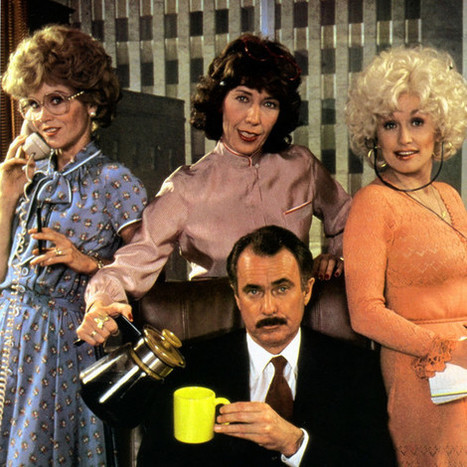In my work as a leadership trainer and a career success coach for women over 11 years, it’s become abundantly clear that the quality of one’s decision-making is not only a critical factor in her professional success and impact, but also reflects a wide range of influences that we’re typically unaware of, including core values, internal preferences, societal influences, social abilities, cultural training, neurobiology, comfort with authority and power, and much more.
To learn more about decision-making in general, and key differences between the way men and women make decisions in particular, I asked Dr. Therese Huston to share her insights. Therese was the founding director of what is now the Center for Faculty Development at Seattle University and has spent the past fifteen years helping smart people make better decisions. She has written for the New York Times and Harvard Business Review, and her first book, Teaching What You Don't Know, was published by Harvard University Press. Her current book How Women Decide: What's True, What's Not, and What Strategies Spark the Best Choices “pries open” stereotypes about women’s decision-making and serves as an authoritative guide to help women navigate the workplace and their everyday life with greater success and impact.
Via The Learning Factor



 Your new post is loading...
Your new post is loading...


















S3 Inc is a women owned technical services company. Learn about the differences between men and women in decision-making and its importance in business in this article from Forbes.